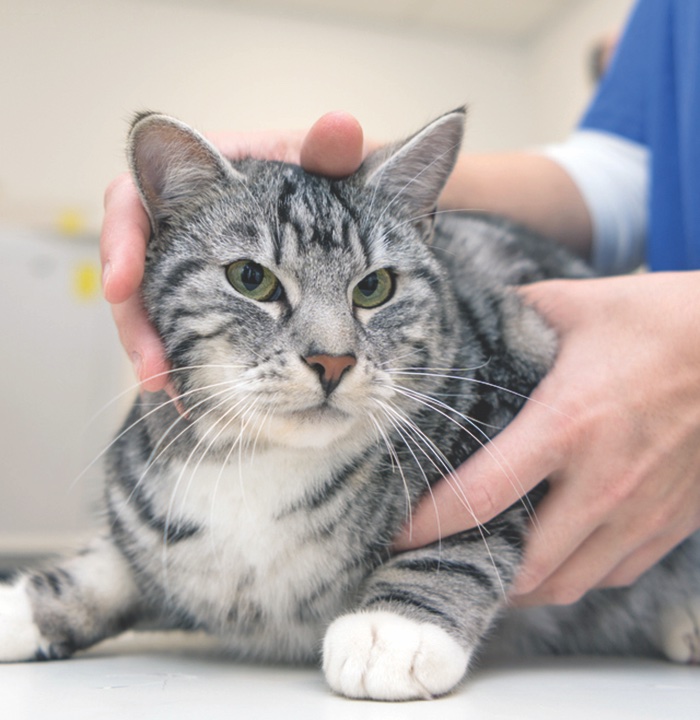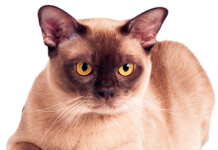The Cincinnati Zoo’s Center for Conservation and Research of Endangered Wildlife recently completed a three-year study of a novel non-surgical sterilization technique in six female domestic cats.
The cats were given an intramuscular injection of anti-Müllerian hormone transgene. This gene therapy strives to reduce fertility by acting on the development of follicles. Test matings showed no pregnancies developing after the treatment. Breeding stimulated ovulations did not occur.
The single injection method of sterilization is less stressful to the cats, less expensive than surgery, and eliminates recovery time, making it helpful for feral cats. This would not be ideal for pets, however, because the cats still show signs of heat cycles.
More studies need to be done, including those focused on understanding the effect of this technique on pyometra and mammary cancer, as sex steroid hormones are not directly influenced by this treatment.ν
Vansandt, L.M., et al. “Durable contraception in the female domestic cat using viral-vectored delivery of a feline anti-Müllerian hormone transgene.” Nature Communocations, 14, 3140 (2023).




